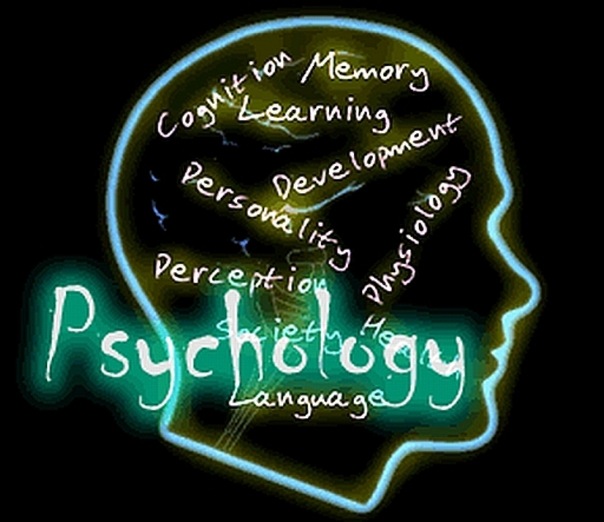The connection, or lack thereof, between evolutionary psychology and general intelligence has been debated among the water coolers of most psychology departments and educational conferences for years. The debate, though heated at times, is alive and well; however, recent research may provide a middle ground and offer a greater understanding of the human brain and its cognitive abilities.

General intelligence refers to deductive reasoning, how much an individual thinks, and how well he adapts to new domains (domain-general). The principles of general intelligence are contrary to the data suggested by evolutionary psychologists who suppose that the human brain contains mechanisms evolved from problems to which humans had to adapt (survival) in specific domains. General intelligence appears to apply to many domains, a hypothesis that negates the principles of evolutionary psychology. Both sides have conducted extensive research to support their hypotheses.
Dr. Scott Barry Kaufman, cognitive psychologist, blogged about his experience at an exchange at the 2006 Annual Meeting of the Human Behavior and Evolution Society, with John Tooby, anthropologist, credited with spearheading the work of evolutionary psychology.
Tooby and Leda Cosmides (Tooby’s psychologist wife) refer to dedicated intelligences, evolutionary dynamics, which arise from situations of danger or social exchanges in a person’s ancestral past.Kaufman explains evolutionary psychology’s focus on mechanisms called “modules” that rely on specific content.
The Two Sides Meet
Though intelligence researchers have devised opposing hypotheses to the traditional evolutionary psychology model, they recently accumulated evidence that causal forces, arising from related individual differences, may influence one’s performance on cognitive tests. They defined these causal forces as developmental abnormalities that influence cognitive processes and specific mechanisms used in many if not all cognitive tasks.
According to Tooby and Cosmide, though they typically focus on dedicated intelligence, domain generality has its place. They call this reasoning improvisational intelligence, which is only activated when the brain does not possess a specific module to solve a problem.
Testing The Hypothesis
According to Kaufman, scientists devised testing modules where poor performance was expected for individuals who used reasoning that was not the result of a recurring evolutionary theme. Though these studies were somewhat conclusive, the hypothesis was inconclusive in defining domain-specific forms as it relates to intelligence and how this plays out in evolutionary ancestry.
Citing many limitations to the previous studies, Kaufman proposed new testing that considered deductive reasoning and processing speed. He and his team devised a shortened, computerized version of the previous test, prompting deductive reasoning from participants instead of appealing to established rules within their experience. He also applied social exchange problems which according to Kaufman, “might be taking a benefit without fulfilling an obligation.”
The testing allowed Kaufman to assess evolutionary theories proposed by scientists such as Satoshi Kanazawa. Kanazawa presupposes that general intelligence is only related to unfamiliar evolutionary (novel) problems. According to Kaufman, Kanazawa is not taking into consideration the existence of exaptation. Exaptation allows reasoning that suggests traits that originally evolved for a specific function could eventually be used for differing functions.
In a 2010 Psychology Today article, Kanazawa states, “I believe that what is now known as general intelligence may have originally evolved as a domain-specific adaptation to deal with evolutionarily novel, nonrecurrent problems.”
Kaufman’s Hypothesis
Kaufman believes general intelligence may be best described as arising from both evolutionary familiar situations and evolutionary unfamiliar situations. Kaufman’s research led him to believe that information processing is executed by a combination of domain-specific and domain-general dynamics.
Citations:
- Psychology today Cited Article
The connection between general intelligence (deductive reasoning) and evolutionary principles of psychology is an ongoing discussion with several well structured arguments in favor and against. The debate is a heated contest that inspires great srides of analysis from both sides. Article courtesy of Southern New Hampshire University’s Psychology Degree Online Program

